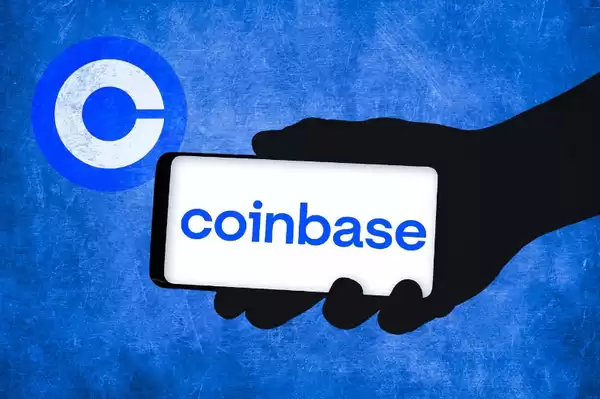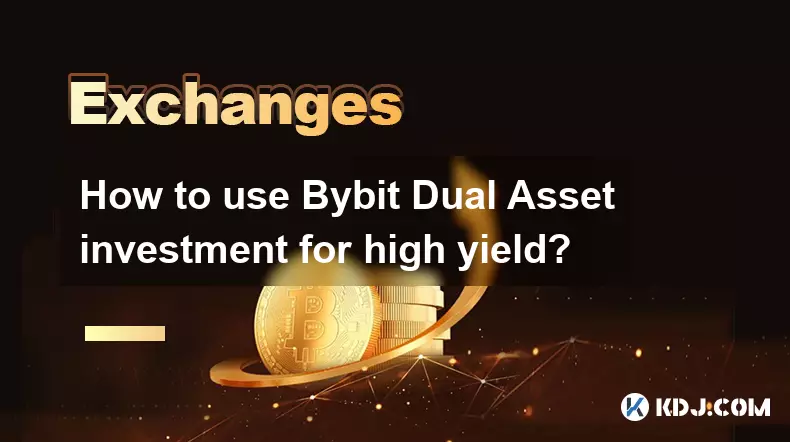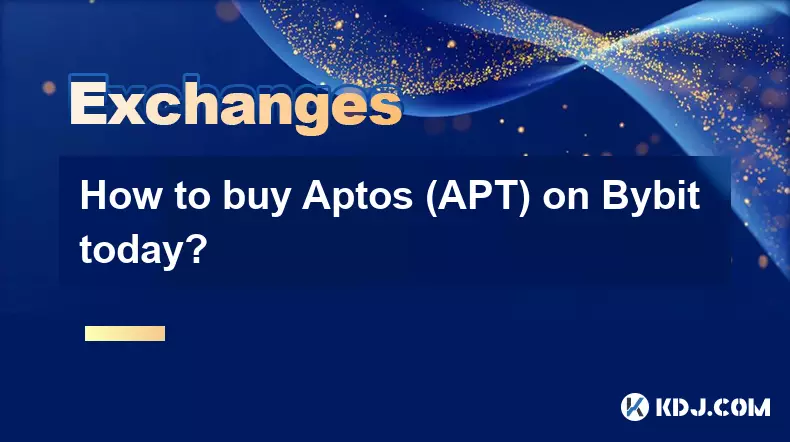-
 bitcoin
bitcoin $87959.907984 USD
1.34% -
 ethereum
ethereum $2920.497338 USD
3.04% -
 tether
tether $0.999775 USD
0.00% -
 xrp
xrp $2.237324 USD
8.12% -
 bnb
bnb $860.243768 USD
0.90% -
 solana
solana $138.089498 USD
5.43% -
 usd-coin
usd-coin $0.999807 USD
0.01% -
 tron
tron $0.272801 USD
-1.53% -
 dogecoin
dogecoin $0.150904 USD
2.96% -
 cardano
cardano $0.421635 USD
1.97% -
 hyperliquid
hyperliquid $32.152445 USD
2.23% -
 bitcoin-cash
bitcoin-cash $533.301069 USD
-1.94% -
 chainlink
chainlink $12.953417 USD
2.68% -
 unus-sed-leo
unus-sed-leo $9.535951 USD
0.73% -
 zcash
zcash $521.483386 USD
-2.87%
how much is coinbase network fee
Coinbase's network fee structure varies based on the cryptocurrency and blockchain congestion, with on-chain transactions subject to higher fees during peak congestion periods.
Oct 28, 2024 at 11:56 am

Network fees are charges levied by the underlying blockchain network to validate and process transactions. In the case of Coinbase, a popular cryptocurrency exchange, these fees cover the costs associated with the following:
- Transaction validation: Verifying the authenticity and validity of transactions on the blockchain.
- Block processing: Adding new blocks to the blockchain.
- Maintaining the network: Ensuring the stability and security of the blockchain infrastructure.
Coinbase charges network fees for both on-chain and off-chain transactions:
- On-chain transactions: When transferring cryptocurrencies directly from one wallet address to another, the network fee is determined by the congestion of the blockchain at the time of the transaction. Higher congestion typically results in higher fees.
- Off-chain transactions: When trading cryptocurrencies within the Coinbase platform, Coinbase uses its own internal system to facilitate transactions. In this case, network fees are not charged.
The specific network fee for on-chain transactions varies based on the cryptocurrency and the blockchain's congestion. As of the time of writing (February 2023), approximate network fees for common cryptocurrencies on Coinbase are as follows:
- Bitcoin (BTC): $1-$50
- Ethereum (ETH): $5-$20
- Litecoin (LTC): $0.01-$0.10
- Dogecoin (DOGE): $0.01-$0.05
Several factors can influence network fees, including:
- Blockchain congestion: When more transactions are being processed on the blockchain, network fees tend to increase.
- Transaction size: Larger transactions typically require higher network fees.
- Priority: Some transactions can be prioritized by paying a higher network fee, which may accelerate their processing time.
- Cryptocurrency market conditions: Bullish market conditions can lead to increased transaction volume, resulting in higher network fees.
To minimize network fees when sending on-chain transactions, consider the following:
- Monitor blockchain congestion: Use online tools or services to check the current congestion levels of the blockchain before initiating a transaction.
- Time your transactions: If possible, schedule transactions during off-peak hours when congestion is typically lower.
- Use alternative payment methods: Consider using Coinbase's off-chain trading platform instead of on-chain transactions to avoid network fees.
- Choose low-fee cryptocurrencies: Certain cryptocurrencies, such as Litecoin or Dogecoin, typically have lower network fees compared to Bitcoin or Ethereum.
Disclaimer:info@kdj.com
The information provided is not trading advice. kdj.com does not assume any responsibility for any investments made based on the information provided in this article. Cryptocurrencies are highly volatile and it is highly recommended that you invest with caution after thorough research!
If you believe that the content used on this website infringes your copyright, please contact us immediately (info@kdj.com) and we will delete it promptly.
- Rotorua's Parking Predicament: Will Coins Cash Out in the City of Sulphur?
- 2026-02-10 06:55:01
- The Shifting Stages of Honor, the Kennedy Center, and Modern Philanthropy
- 2026-02-10 07:20:02
- Wall Street's Wild Ride: Bitcoin, QQQ, and the New Era of Volatility
- 2026-02-10 07:20:02
- The Great SHIB Chill: OKX's Cold Storage Maneuver Sparks Recovery While Binance's Goes Unnoticed
- 2026-02-10 07:15:01
- Crypto's Crossover Moment: Airdrops, Tokens, and the Road to IPO
- 2026-02-10 04:25:01
- Axie Infinity Buyers Fuel Market Jump with New bAXS Token Airdrop and Technical Resurgence
- 2026-02-10 03:40:02
Related knowledge

How to buy JasmyCoin (JASMY) on Bybit?
Feb 09,2026 at 03:40am
Creating a Bybit Account1. Navigate to the official Bybit website and click the 'Sign Up' button located in the top-right corner. 2. Enter a valid ema...

How to contact Bybit customer support for urgent help?
Feb 05,2026 at 11:40pm
Accessing Bybit Support via Live Chat1. Log in to your Bybit account using the official website or mobile application. 2. Navigate to the Help Center ...

How to buy Injective (INJ) on Bybit in 2026?
Feb 09,2026 at 05:39pm
Account Registration and Verification Process1. Navigate to the official Bybit website and click the “Sign Up” button located in the top-right corner....

How to use Bybit Dual Asset investment for high yield?
Feb 06,2026 at 12:20am
Understanding Bybit Dual Asset Investment Mechanics1. Dual Asset Investment is a structured product offered by Bybit that combines a stablecoin deposi...

How to fix Bybit login issues quickly?
Feb 09,2026 at 06:00am
Troubleshooting Common Authentication Errors1. Incorrect credentials often trigger immediate rejection during Bybit login attempts. Users frequently o...

How to buy Aptos (APT) on Bybit today?
Feb 06,2026 at 07:40am
Creating a Bybit Account1. Navigate to the official Bybit website and click the “Sign Up” button located at the top right corner of the homepage. Ente...

How to buy JasmyCoin (JASMY) on Bybit?
Feb 09,2026 at 03:40am
Creating a Bybit Account1. Navigate to the official Bybit website and click the 'Sign Up' button located in the top-right corner. 2. Enter a valid ema...

How to contact Bybit customer support for urgent help?
Feb 05,2026 at 11:40pm
Accessing Bybit Support via Live Chat1. Log in to your Bybit account using the official website or mobile application. 2. Navigate to the Help Center ...

How to buy Injective (INJ) on Bybit in 2026?
Feb 09,2026 at 05:39pm
Account Registration and Verification Process1. Navigate to the official Bybit website and click the “Sign Up” button located in the top-right corner....

How to use Bybit Dual Asset investment for high yield?
Feb 06,2026 at 12:20am
Understanding Bybit Dual Asset Investment Mechanics1. Dual Asset Investment is a structured product offered by Bybit that combines a stablecoin deposi...

How to fix Bybit login issues quickly?
Feb 09,2026 at 06:00am
Troubleshooting Common Authentication Errors1. Incorrect credentials often trigger immediate rejection during Bybit login attempts. Users frequently o...

How to buy Aptos (APT) on Bybit today?
Feb 06,2026 at 07:40am
Creating a Bybit Account1. Navigate to the official Bybit website and click the “Sign Up” button located at the top right corner of the homepage. Ente...
See all articles










































































